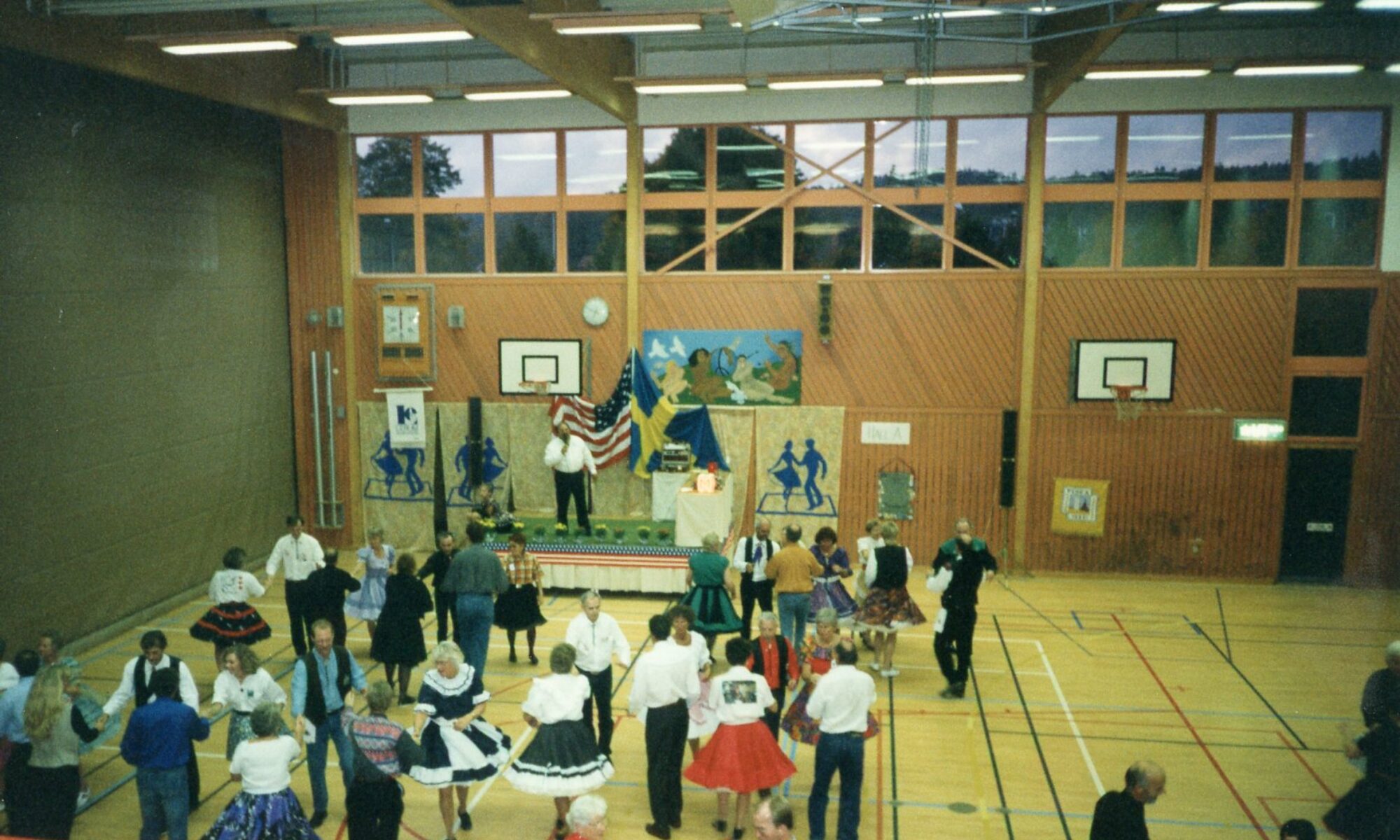While people can be sick and tired of trivial hot-or-not dating apps, they may be nearly ready for entirely blind times either
Twine is trying to buck the shallow app trend that is dating
Relevant
- On line Dating Gets a Little Less Virtual
- Does Online Dating Sites harder make it to locate вЂthe One’?
- Will Twitter Steal Online Dating Services’ Girl?
- Printing
- Share
- Tumblr
- StumbleUpon
- Digg
- Mixx
- Tasty
- Bing+
A person’s photo that is smiling through to your display. Swipe right for yes and left for no.
Another image emerges. Swipe. Then another. Swipe.
One 2nd, if it, is all of that users share with determining whether or perhaps not that picture interests all of all of them. This is certainly just how “hot-or-not” dating apps have actually had a tendency to work: flick through pages and also make snap judgments centered on appearances.
Christian Rudder, co-founder and president of OkCupid—a site with 15 million people because it launched in 2004—says that the site’s people “don’t really glance at the remaining portion of the profile that much.”
But what should they had been obligated to? The creators of a app that is new Twine are looking to counter the superficiality of various other internet internet dating apps by blurring aside users’ pictures. The no-cost software sets two people according to age, area and typical passions. The 2 may then begin a conversation and, if all goes really, fundamentally decide to “reveal themselves” to the other individual and un-blur their particular picture.
“Other dating apps tend to be trivial: you’re judging the individual too soon centered on looks and never stepping into a discussion,” claims Rohit Signal, among the creators of Twine. “That shallow coordinating is certainly not causing long-lasting interactions.”
Nevertheless, departing from shallow tests might be a tough offer whenever it concerns match-making applications; in the end, very very first impressions, even yet in person, tend to be practically completely predicated on fast tests of attractiveness. Justin Mateen, co-founder and CMO of this hot-or-not application Tinder claims that their software “emulates the real life. The initial thing that you see about somebody is the appearance.” Mateen adds that Tinder has actually resulted in at the least 50 wedding proposals.
And also users of internet web web sites like Match https://besthookupwebsites.net/tsdating-review/.com or JDate—more commitment-heavy online dating sites calling for greater opportunities of both some time money—find that attractiveness plays a role that is key finding a night out together. New York news strategist Amy Webb proved that time whenever she described inside her guide exactly just how she gamed the web system that is dating modifying real functions (such as for example whether her locks had been curly or right) and narrowing right down to extremely specific functions inside a partner (actual and mental) to locate a husband; immediately after using her brand- brand new practices, she had been hitched. And Jessica Carbino, a PhD prospect at UCLA learning internet dating, found that 81% of individuals lied inside their internet dating profiles, mostly about weight, level and age, to be able to entice mates.
Depending on attractiveness to evaluate strangers may be built-in to the biology.
“It’s a thing that is innate men and women do,” dating expert Carbino says. And therefore might not be this type of thing that is bad. “In the conclusion, a real link is needed for any commitment.”
For example, it might be establishing men and women up is deceived. Some are photoshopping photos or picking old or blurry pictures for their particular pages. Eventually, needless to say, these illusions aren’t renewable, but that doesn’t appear to deter users: Aviv Godot, CEO of photoshopping application Pixtr, claims that numerous of their clients have now been demanding links that are direct applications like Tinder.
